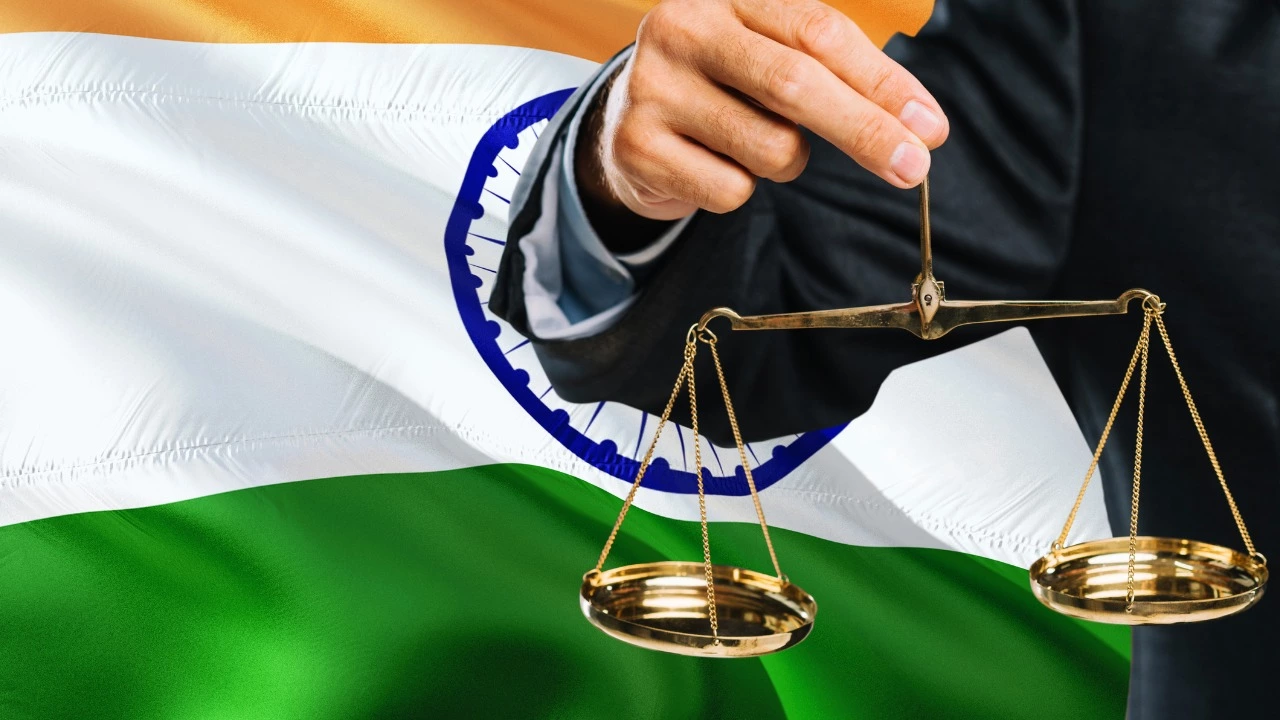Filing a case: a simple step-by-step guide
Need to file a case but not sure where to start? This guide walks you through the practical steps used in India - from choosing the right complaint to what papers you must carry. Stick to facts, keep records, and get advice early.
First, decide whether your issue is criminal or civil. For crimes like theft, assault or fraud, start with a police complaint and ask for an FIR if the offence is cognizable. For non-cognizable offences you may need to approach a magistrate or consult a lawyer to draft a formal complaint. For civil disputes - money, contracts, property or family matters - you normally file a plaint in the appropriate civil court.
Which court to approach
Jurisdiction matters. Territorial jurisdiction means file where the cause of action happened or where the defendant lives. Pecuniary jurisdiction is about the value of the claim - small claims courts handle lower values, district courts take larger ones and High Court handles major civil matters and appeals. For certain matters like the Supreme Court or specialized tribunals there are specific rules. If unsure, ask a local lawyer or the court registry.
Practical checklist before you file
Gather documents: identity proof, address proof, contracts, receipts, messages, photos, bank statements, and any written evidence. Draft a short timeline of events and list witnesses with contact details. Check limitation period - many civil claims have fixed time limits. Decide the relief you want: monetary compensation, injunction, return of property or criminal action.
Drafting the plaint or complaint: be factual and clear. State dates, actions, and the legal grounds briefly. Attach copies of key documents and a list of attached evidence. Courts usually require one or more copies for service on the opposite party. Pay the required court fee and follow stamp duty rules; the registry will guide you on amounts.
Filing options: many courts now accept e-filing; others require physical submission. Retain stamped copies and service receipts. After filing, watch for summons and orders. Attend hearings on the scheduled dates and be on time.
Costs and lawyers: legal fees, court fees, and time are part of the process. If money is tight, check for legal aid clinics, free legal services, mediation centres or lok adalat for faster settlements. Consider mediation before long court fights - it saves time and cost in many disputes.
Practical tips: preserve original evidence, take photos, keep a case diary, avoid posting details online, and be honest in court statements. Follow your lawyer's advice and ask clear questions about likely timelines and outcomes.
If you feel overwhelmed, meet a lawyer for a short consultation to map options. Filing a case is a procedural step - preparation and correct paperwork make the rest easier.
Examples: For a bounced cheque, file a complaint under Section 138 of the Negotiable Instruments Act. For domestic violence, use the Protection of Women from Domestic Violence Act and approach the magistrate. For online fraud, preserve screenshots and file a cyber complaint with the cybercrime cell.
Can I file a case directly in the Supreme Court of India?
Hey there, folks! So, you have a burning question - can you march right up to the Supreme Court of India and file a case? Well, hold your horses, it's not exactly a walk in the park. The Supreme Court primarily deals with appeals and cases that involve interpretation of the Constitution. So, unless your case is the legal equivalent of a Bollywood blockbuster, you'll likely start at the lower courts. So, in short, you can't just waltz into the Supreme Court with a case unless it's got some serious constitutional spice!
learn more